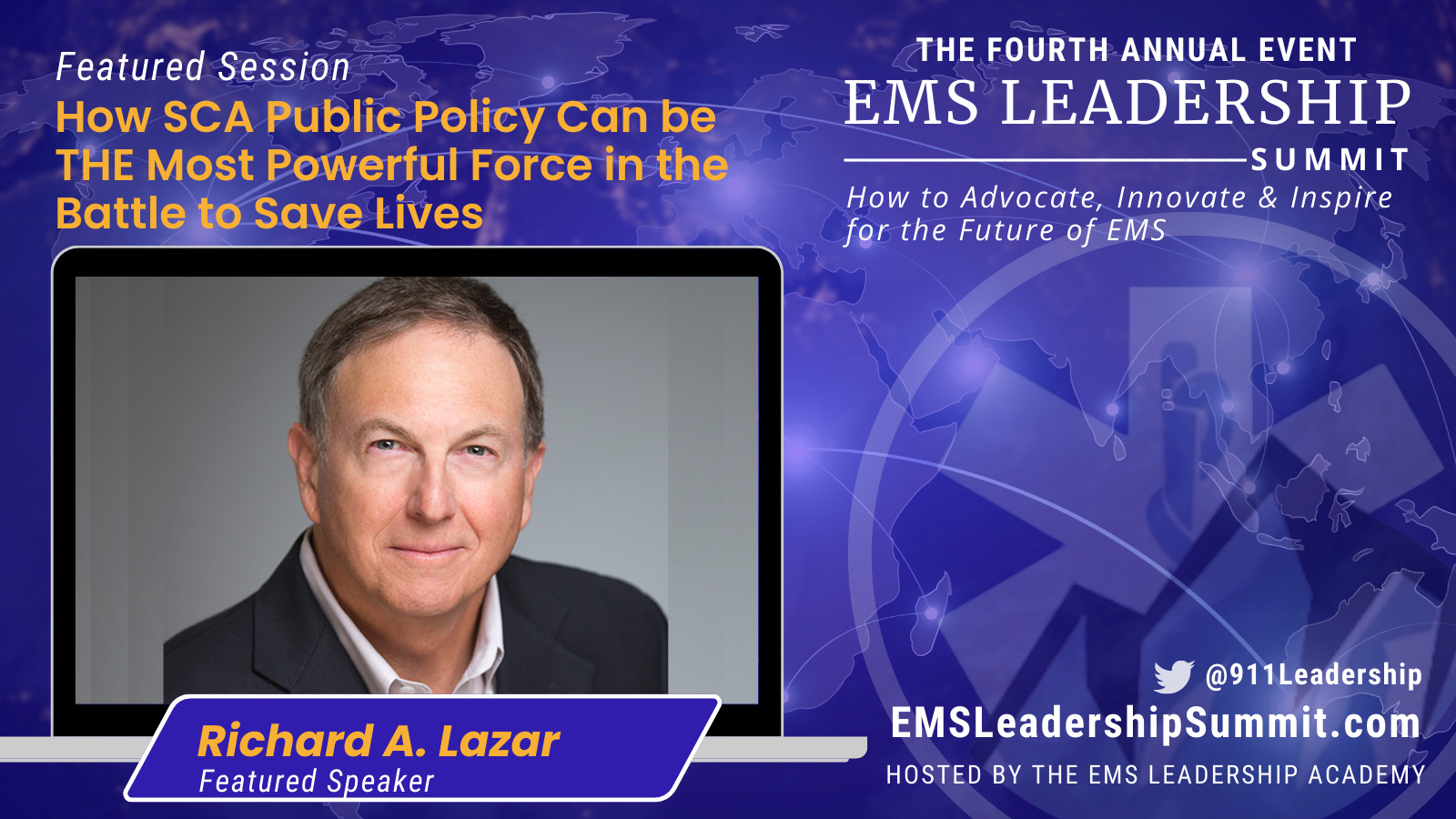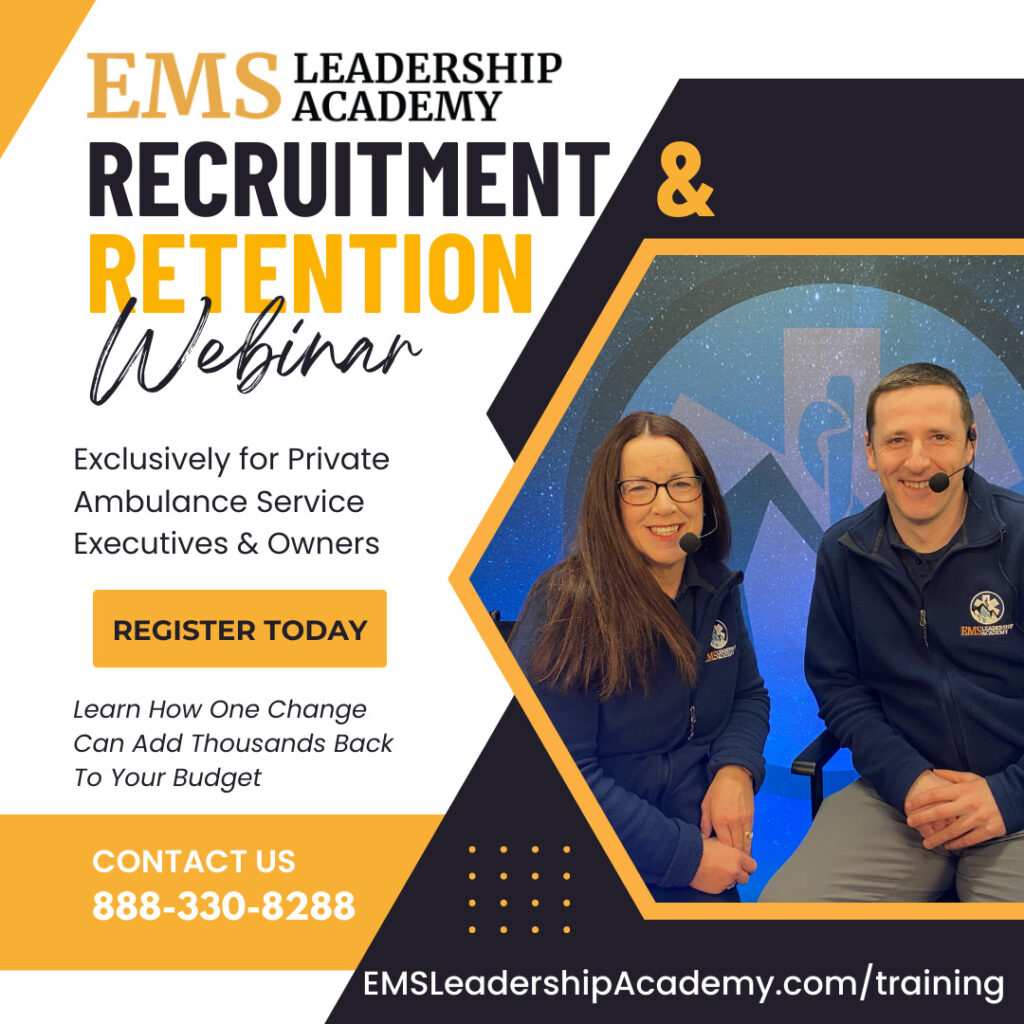Richard A. Lazar appears at the 4th Annual EMS Leadership Summit.
For over 25 years, Richard has been designing and writing policies for AED programs, providing informed AED program compliance advice to clients and partners nationwide, inventing AED inspection technologies, authoring the industry’s most authoritative AED program compliance resources, and advocating for public policies that have the power to save lives. More information can be found at www.readisys.com
In this session Richard discusses the importance and benefits of mandated public access to AEDs. It outlines the current state of imposed burdens and requirements for AED use, and highlights the positive impact that model AED legislation can have on increasing sudden cardiac arrest survival rates. He also encourages the use of advocacy for legislation at the state level and providing sufficient resources and guidance when setting up AED programs. Ultimately, this will reduce the amount of preventable deaths from SCA.
Get Lifetime Access to All 30+ High Impact Sessions
With speakers from leaders across the prehospital space, the EMS Leadership Summit valuable, actionable content will move your leadership & organization to the cutting edge!
This session discusses the importance of making AEDs available in public settings in order to help provide better survival rates for those suffering from sudden cardiac arrest. Highlighting a model AED law which provides adequate legal protection in case of non-negligent mistakes while using the AED.
With over 5-6 million public access AEDs in the US, it is not enough to ensure that they are close by when needed. Only 8 states have strong Good Samaritan legal protections, and only 2 have wide AED mandates. Richard proposes the Sudden Cardiac Arrest Heroes Act in order to standardize AED placement and accessibility.
- Leveraging Public Policy to Improve Bystander CPR and AED Accessibility (00:00 - 07:24)
- How AED Laws Weaken the Chain of Survival in the United States (07:24 - 13:41)
- Using Public Policy to Increase AED Deployment in the United States: The Sudden Cardiac Arrest Heroes Act. (13:42 - 19:17)
- Good Samaritan Laws and Negligence Liability: What You Should Know (19:18 - 25:37)
- Advice from an EMS Professional on Negligence, Economics, and the Model AED Law Advocacy (25:37 - 31:17)
- Navigating the Public Policy World: A Conversation with Richard about the Model AED Law (31:18 - 33:44)




